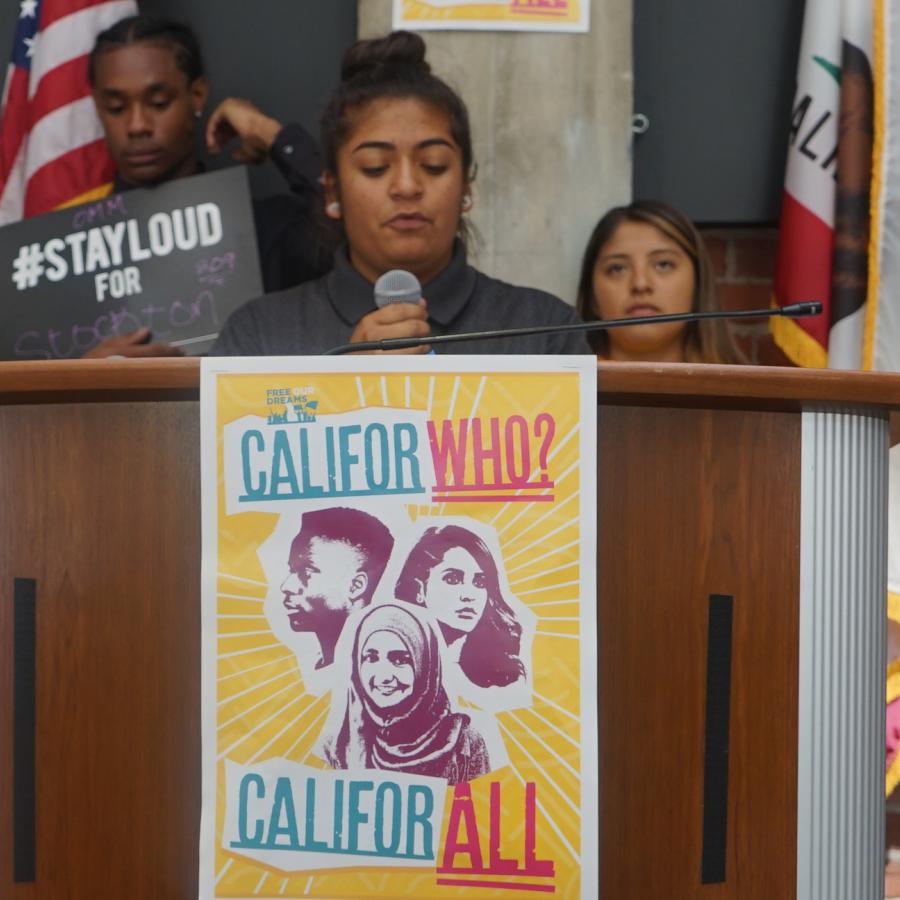About
The Alliance for Boys and Men of Color is a national network of hundreds of community and advocacy organizations who come together to advance race and gender justice by transforming policies that are failing boys and men of color and their families and building communities full of opportunity. Decades of laws and policies intended to divide, criminalize, and deny resources to our communities have created roadblocks between boys and men of color and opportunities to reach their full potential. Boys and men of color are more likely to grow up in communities shaped by racist policies that produce poverty, violence, insecurity, and trauma. As a result, BMoC are most likely to be pushed out of school, incarcerated, struggle to make ends meet, or die younger than their female counterparts and white peers.
And while BMoC are the most likely to be impacted by inequitable community conditions, these policies and realities hurt us all. Using our direct experience with these injustices, ABMoC leaders are developing and implementing the policy solutions needed to ensure everyone in our community can flourish and lead self-determined lives. Together, Alliance members:
- Win policy solutions created by and for directly impacted people that address root-causes and structural barriers
- Build power by working together across issues and communities to create a stronger movement for racial and gender justice
- Deepen our impact and catalyze more wins by learning from and supporting each other
- Dismantle racist and unjust systems that fail and harm boys and men of color and other vulnerable people: girls/women of color, people living in poverty, those with disabilities; LGBTQ-GNC communities, and the formerly incarcerated.
When we work together to change the conditions in our communities that keep boys and men of color from flourishing, we tackle some of the most urgent and critical challenges of our time such as:
- Creating safe and thriving communities by ending cycles of violence in relationships and communities by addressing root-causes of harm including toxic masculinity, poverty, policing, and unequal access to resources.
- Building economic security so nobody experiences the injustice of poverty.
- Fostering educational equity by dismantling the school-to-prison pipeline and fostering the strengths, academic success, health, and healing of every student.
- Moving from mass incarceration to divestment and decarceration through investments in community, not punishment and eliminating harmful, racist, policies, and practices in the criminal legal system.
